Announcing the 2017-18 European Astro Pi challenge!
Astro Pi is back! Today we’re excited to announce the 2017-18 European Astro Pi challenge in partnership with the European Space Agency (ESA). We are searching for the next generation of space scientists.
Astro Pi is an annual science and coding challenge where student-written code is run on the International Space Station under the oversight of an ESA astronaut. It is open to students from all 22 ESA member countries, including — for the first time — associate members Canada and Slovenia.
This year’s challenge includes a brand-new non-competitive mission, in which participants are guaranteed to have their code run on the ISS for 30 seconds!
Mission Zero
For teachers and students who are keen to take part but who don’t have the capacity to carry out an in-depth project, we wanted to provide an accessible activity that teams can complete in just one session.
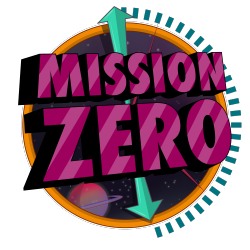
So we came up with Mission Zero for young people no older than 14. To complete it, form a team of two to four people and use our step-by-step guide to help you write a simple Python program that shows your personal message and the ambient temperature on the Astro Pi. If you adhere to a few rules, your code is guaranteed to run in space for 30 seconds, and you’ll receive a certificate showing the exact time period during which your code has run in space. No special hardware is needed for this mission, since everything is done in a web browser.
Mission Zero is open until 26 November 2017! Find out more.
Mission Space Lab
Students aged up to 19 can take part in Mission Space Lab. Form a team of two to six people, and work like real space scientists to design your own experiment. Receive free kit to work with, and write the Python code to carry out your experiment.
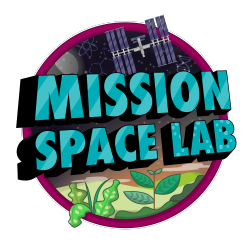
There are two themes for Mission Space Lab teams to choose from for their projects:
- Life in space
You will make use of Astro Pi Vis (“Ed”) in the European Columbus module. You can use all of its sensors, but you cannot record images or videos. - Life on Earth
You will make use of Astro Pi IR (“Izzy”), which will be aimed towards the Earth through a window. You can use all of its sensors and its camera.
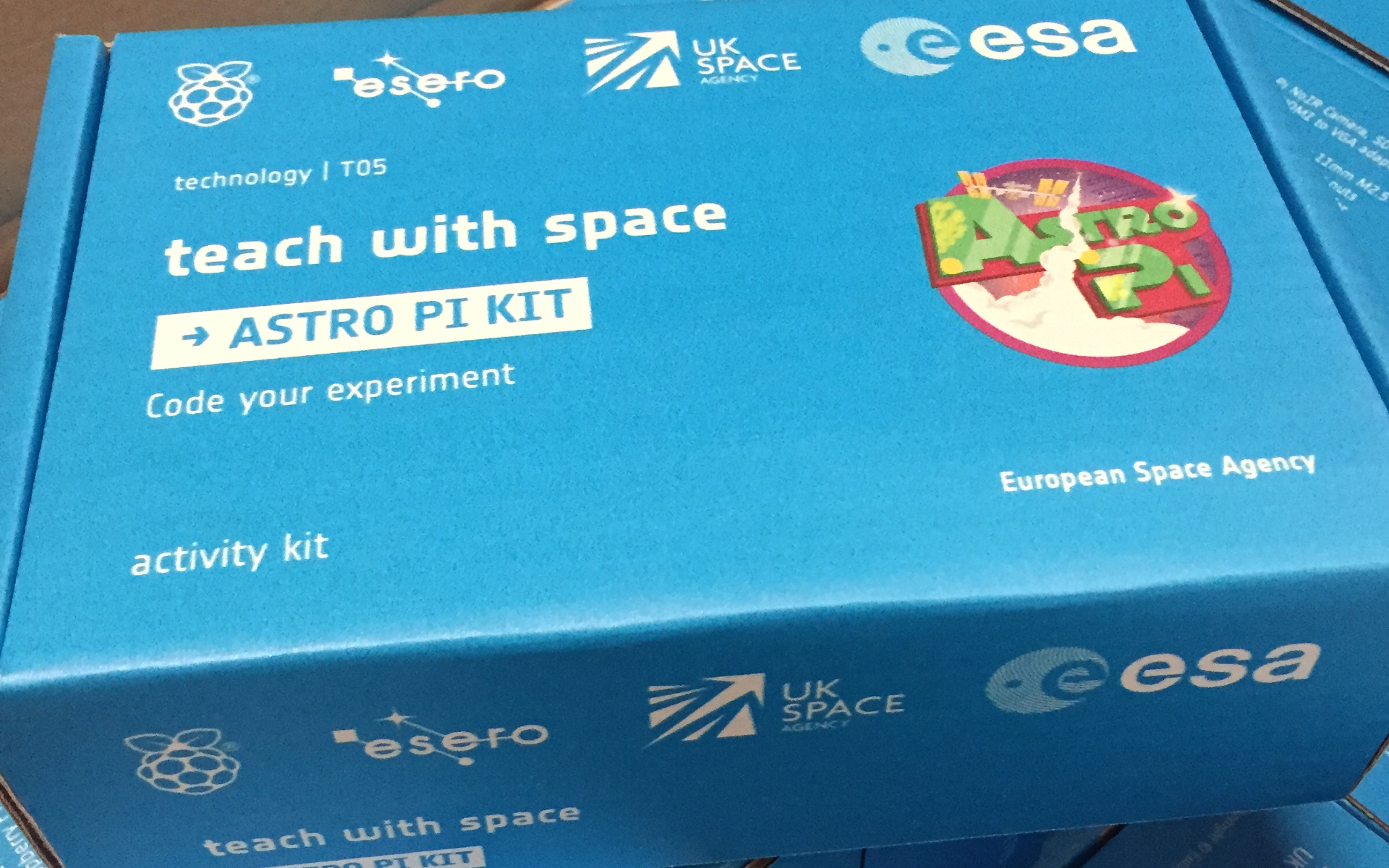
The Astro Pi kit, delivered to Space Lab teams by ESA
If you achieve flight status, your code will be uploaded to the ISS and run for three hours (two orbits). All the data that your code records in space will be downloaded and returned to you for analysis. Then submit a short report on your findings to be in with a chance to win exclusive, money-can’t-buy prizes! You can also submit your project for a Bronze CREST Award.
Mission Space Lab registration is open until 29 October 2017, and accepted teams will continue to spring 2018. Find out more.
How do I get started?
There are loads of materials available that will help you begin your Astro Pi journey — check out the Getting started with the Sense HAT resource and this video explaining how to build the flight case.
Questions?
If you have any questions, please post them in the comments below. We’re standing by to answer them!

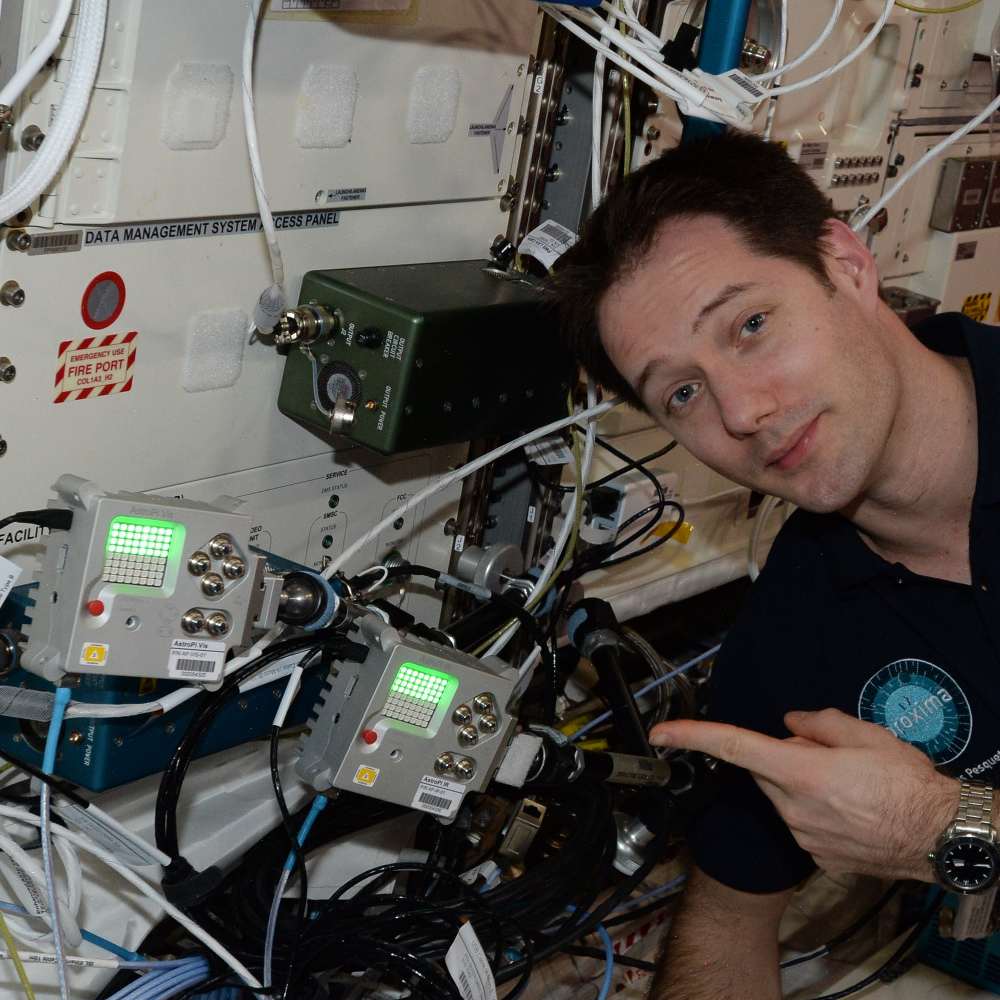
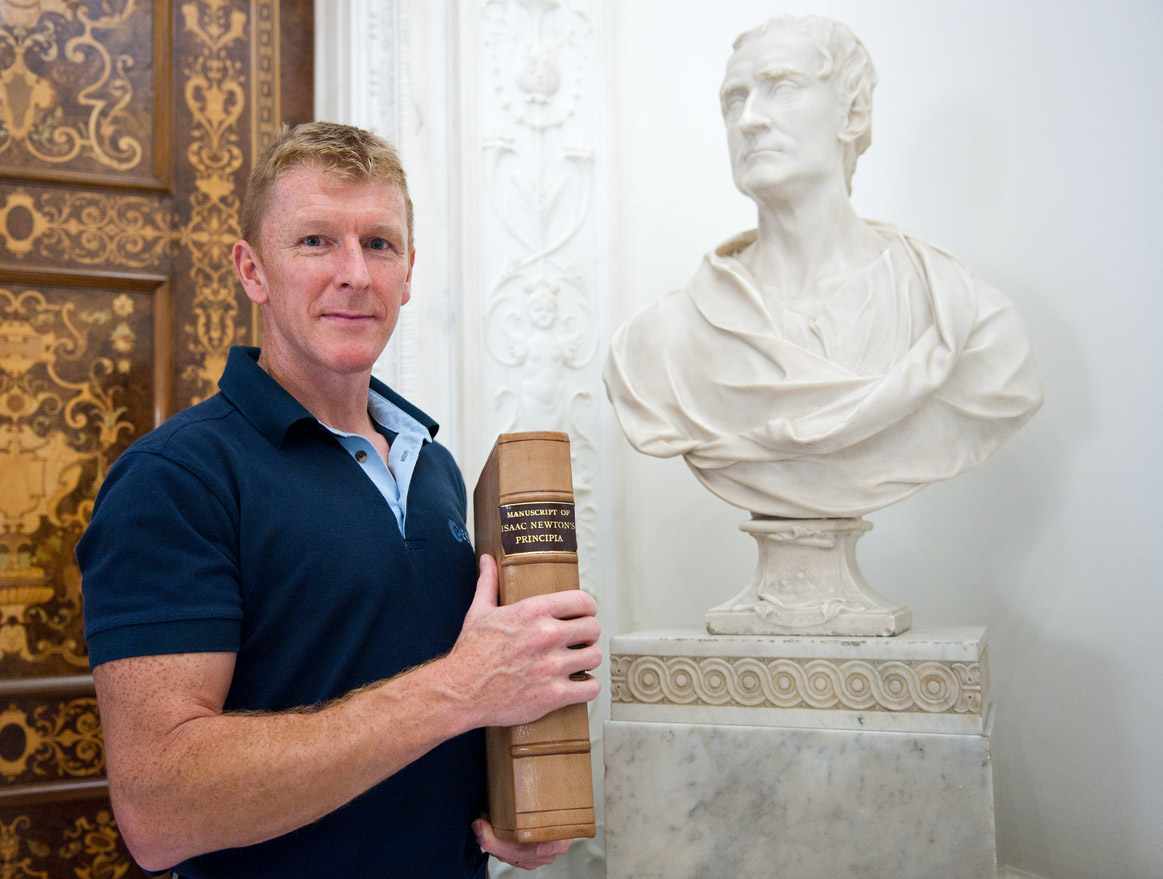
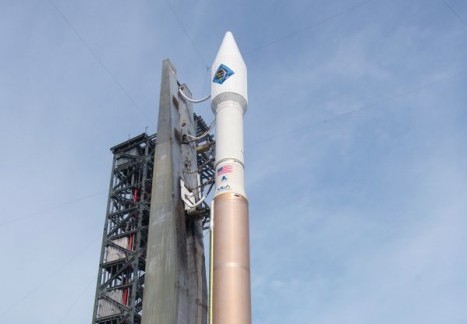
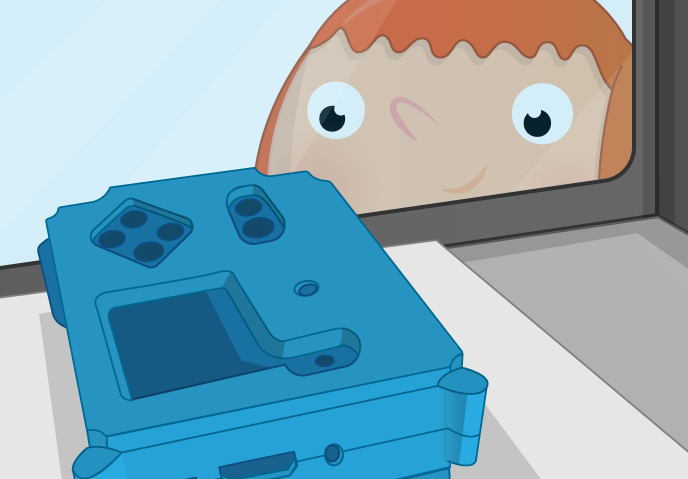


45 comments
Dinomite59
Can I do this on my own at home?
David Honess — post author
A team of at least two people is needed, so you just need to find a partner.
école primaire St-André d’Embrun
If we have already participated in the challenge last year, can we register for the new challenge?
David Honess — post author
Yes you can! With Mission Space Lab, the only catch is teachers that received an Astro Pi kit in a previous challenge are not eligible to receive a new kit now. But you can still participate using the kit you already have.
Elfen
An excellent and simple challenge! I just wish the USA was down with this.
David Honess — post author
Please have a read of this forum thread: https://www.raspberrypi.org/forums/viewtopic.php?f=104&t=180425
Elfen
Not to sound conceded, but I replied to that post back in June.
I’m trying to start my own R-Pi & Robotics program in the city and have backing from a couple members of the state assembly an was promised funding if I can get the project running, I’m constantly running into obstacles. If it does not involve Dells, Intels and Windows, nobody wants it. But I am trying to start something.
Since I have to go to my old Alma Marta (City College of NY), there is a NASA Agency office there. I’ll drop by and make an appointment with somebody and talk about this.
David Honess — post author
Oh sorry, yes you did – I should have checked. I’m just trying to funnel everyone into that post to give it more weight.
James Wilcox
I love that it’s all in-browser. I have a Pi & SenseHAT but I’m glad to see it’ll be available widely.
David Honess — post author
Mission Space Lab uses physical kit, whereas Mission Zero is all done through a web browser. We’re hoping thousands of students will use it!
Radu Ticiu
We are anxious to join the competition. As members of a CoderDojo club in Romania (an ESA member state), and following our colleagues’ from CoderDojo Australia and CoderDojo Argentina (both not associated with ESA) interest to get involved, we are contemplating the idea of joint teams approaching the competition.
Please be so kind and let us know if a team formed by 3 Romanian kids and 3 Australian or Argentinian kids working together remotely will be eligible to compete.
Thanks a lot!
David Honess — post author
If you look at the guideline documents; there is a rule saying “At least 50% of the team members must have the nationality of an ESA Member or Associate Member State.” So at long as you register the team in Romania I don’t think this will be a problem.
Radu Ticiu
Thanks a lot, David!
There will be at least two Romanian teams reinforced with Australian and Argentinian members!
Hüseyin Kınay
Is it possible to join this challenge from Turkey ?
David Honess — post author
Technically you would not be eligible to participate being in a country which is not a member of ESA (http://www.esa.int/About_Us/Welcome_to_ESA/New_Member_States). However you could try to do an international collaboration similar to what Radu Ticiu asked about in the previous comment.
Stewart Watkiss
Do the clubs have to be directly associated with a school, or can this be a non-school club / or team of friends (not home schooled)?
I’m thinking this may be useful to do with scouts, or a group of friends.
Elfen
I would love to hear from this! Good luck to you!
David Honess — post author
A team of at least two people is needed. The competition is not limited to schools. Anyone who lives in an ESA member or associate member country, and who is of the correct age can enter, either as a home-educated student (although you’ll need to team up with another student), a student team at school, or a team from a non-school organisation.
George
Cool project. How are the Astro Pi coded projects sent to the ISS? Are they uploaded via satellite, or are they physically launched to space?
David Honess — post author
They are uploaded digitally from a ground station using the NASA TDRS satellite network.
ignaloidas
Could I participate from Lithuania? It’s kinda a member of ESA, but not really.
David Honess — post author
Technically you would not be eligible to participate being in a country which is not a member of ESA (http://www.esa.int/About_Us/Welcome_to_ESA/New_Member_States). However you could try to do an international collaboration with students in Poland maybe?
Bottersnike
This looks really interesting. My school doesn’t do anything like a code club and I don’t know of any of my friends who are remotely competent at either programming or electronics. Any suggestions?
David Honess — post author
You can participate using say your parents to support you, but you will need to team up. A team of at least two is needed. Also check the links below for where you can find some coding clubs near you:
https://www.codeclub.org.uk/find-a-club
https://zen.coderdojo.com/
https://www.raspberrypi.org/jam/#map-section
Dr Feito
Can British Overseas territories participate? UK is part of ESA, so I was hoping my students in Bermuda could take part too? I look forward to your reply as I have 3 girls who are very keen to take part. Thank you.
David Honess — post author
Yes I believe so, please send an email to teachers@esa.int and they will confirm.
Barry Christian
This is very nice. Though I was wondering when an Astro-Pi challenge might be open to United States children as well. I just bought a Raspberry Pi kit for my 8 year old granddaughter a couple of weeks ago and she is loving it. When I told her about Astro-Pi she got very excited that someone her age could get their code running on the ISS and she hopes to be able to compete in it one day. So far, she has been focusing on Scratch programming but I already have plans for when she graduates from that and I already bought the Sense Hat as well. Please consider opening this up internationally. Thanks!
David Honess — post author
We would really love to work with NASA, can you have a read of this forum thread? https://www.raspberrypi.org/forums/viewtopic.php?f=104&t=180425
lmffvfvof
Can a group of Indians participate?
I know that India is not a part of the ESA and has its own ISRO
David Honess — post author
Technically you would not be eligible to participate being in a country which is not a member of ESA (http://www.esa.int/About_Us/Welcome_to_ESA/New_Member_States). But if you look at the guideline documents; there is a rule saying “At least 50% of the team members must have the nationality of an ESA Member or Associate Member State.” So you could try to do an international collaboration with students in another country maybe? CoderDojo have a forum thread for people seeking to do this: https://forums.coderdojo.com/topic/480/launching-the-2017-18-european-astro-pi-challenge
Imali
Hi, what level of code knowledge would be required of this? We know basics, but nothing too crazy! Thanks. Imali
David Honess — post author
Hi Imali, Mission Zero can be done with no prior knowledge, there is a great resource which explains everything you need to do including what code to use. Mission Space Lab is more involved and runs alongside the school year, there are also lots of resources to help you get started but some coding experience would definitely help. However you can still learn as you go!
Prashant kumar
In mission space lab, can indian also participates?
David Honess — post author
I’m afraid not, since India is not a member state of ESA. However you could attempt an international collaboration with another team who are in an ESA member country.
Felipe Perez Stoppa
Hello there, me and my brother were looking to participate but we are from different age groups, the options will not let us select it, he is 15 and I am 18. Furthermore, we want to participate from our house, since we both go to different schools, and do not have a teacher that we can select for the project. We are really eager to participate and do not want to miss out on the opportunity.
David Honess — post author
Hi Felipe, for Mission Space Lab a team comprised of a 15 year old and an 18 year old is perfectly acceptable. When you register you just choose the age group of the oldest member. The teacher role can be a parent/guarding or a youth club leader. Have a look at the FAQ here: https://astro-pi.org/missions/space-lab/faq/
Sean Sargeant
Reading the above comments, I see that many people can join from countries outside ESA with collaborations, etc. Would it be possible for a school in Australia (given that our space agency hasn’t been officially started yet) to join? I believe that our school has participated in this before.
David Honess — post author
Hi Sean, space agency or no there’s nothing to stop you from collaborating with a team in an ESA member country. The only constraints are that 50% of the team members must have the nationality of one of the members. You should also register the team in an ESA member country.
mihaila daria
hello! is there by any chance possible to sign in and take part with a team in Mission Space Lab now?
Alex Bate
Unfortunately, the Mission Space Lab entry date has now passed. You can still enter Mission Zero.
Gabriel
is it possible to buy the astro kit? and where?
David Honess — post author
The kit itself is produced by CPC (http://cpc.farnell.com/) under contract with ESA, as far as I know it’s not available commercially. All the items in the kit are available separately on their site though. Here are the order codes, just search on them on the cpc website, add to basket and you’re there.
– Raspberry Pi 3B: SC14014
– Sense HAT: SC13930
– Camera Module v2: SC14028
– NoIR Camera Module v2: SC14029
– Power Supply: SC14026
– HDMI to VGA adapter: SC13682
– 3D printed Astro Pi components kit: SC14158
– 2m HDMI cable: AV20601
Total cost is ~ £175 including VAT. I hope this helps.
Chris
Hi. My school would love to enter this but are too late for this year. Will there be a 2018/2019 challenge?
Alex Bate
Hi Chris. We’re definitely planning another round of Astro Pi. Please sign up to the Astro Pi newsletter to be notified.
Gerald LANDL
As engineer and father of two (6/8) I try to pass on the passion for STEM to them and organize school-workshops in kid coding and robotics.
We started with the LEGO kits for the first steps already planning to go to raspberryPI, SCRATCH and Python – environment.
I just came across the Mission Zero – where we hope we can participate in 2018.
Now I want to know if it is possible to have access to the ESA-mod RASPBIAN (getting the SD-card or a Download) as we have all necessary hardware in our home environment.
– or if it is possible as a workshop organizer to purchase one of the special ESA-kits for a school-project and participation in 2018.